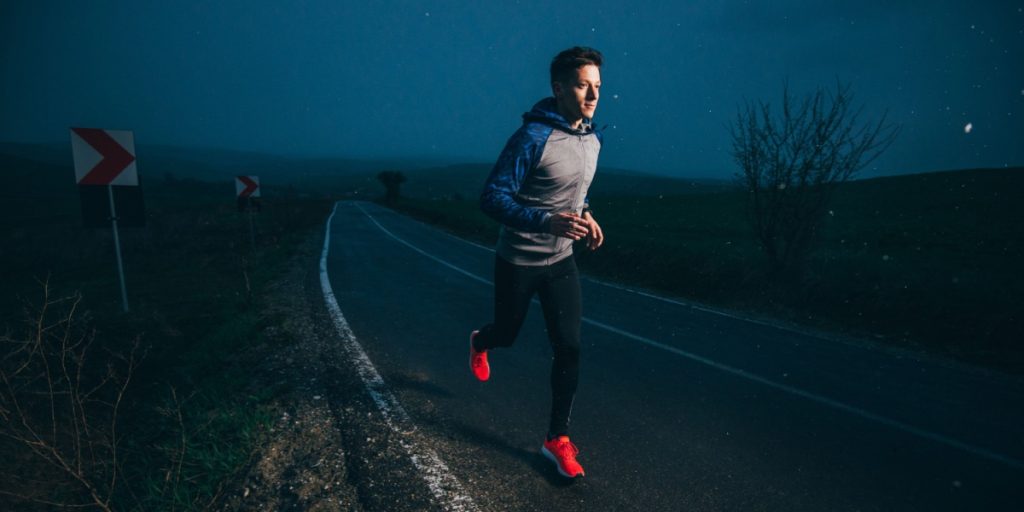Researchers have discovered that even very short intervals of intense physical exercise at a specific time of day can have significant positive effects.
Others are reading now
Many people worldwide engage in fasting, follow various diets, focus on getting enough sleep, and exercise daily — all in an effort to avoid diseases and extend their lifespans.
The importance of exercise is well-documented. However, it’s becoming clear that not just any exercise will do; the timing of your exercise routine, whether it’s a run or a weightlifting session, plays a crucial role as well when measuring health benefits.
A study by researchers from the University of Sydney, published in the journal Diabetes Care, sheds light on this aspect.
Also read
Evening Exercise Linked to Longer Life
The study monitored 30,000 people over eight years to identify the optimal time for exercise to maximize health benefits, particularly for those dealing with obesity.
The findings indicate that individuals who conducted most of their physical activity in the evening were less likely to die prematurely.
Specifically, the prime time was between 6 PM and midnight.
The study’s participants, all overweight, wore devices that tracked their physical activities throughout the day. Those who engaged in moderate to vigorous exercise — enough to increase their heart rate and cause breathlessness — between 6 PM and midnight showed the lowest risk of early death and cardiovascular disease.
Benefits of Brief Exercise Intervals
The benefits weren’t limited to prolonged activity; even brief bouts of exercise yielded positive results.
The study revealed that short exercise intervals — lasting just up to three minutes — of moderate to vigorous intensity in the evening were more impactful than cumulative daily activity.
“The type of exercise undertaken didn’t matter,” explained Matthew Ahmandi, a researcher at the University of Sydney’s Charles Perkins Centre, in a press release. “Activities could range from power walking to climbing stairs, and included structured exercises like running, intense physical labor, or even vigorous household cleaning.”
Another researcher, Angelo Sabag, noted that while exercise is crucial, it alone isn’t enough to combat the obesity crisis.
However, he pointed out, “This study suggests that those who can plan their daily physical activities might better offset some of these health risks,” as stated in the press release.


